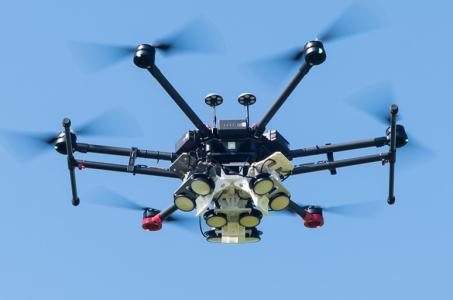Automotive FMCW radar technology for space applications

Demonstrate the suitability of automotive FMCW (Frequency Modulated Continuous Wave) radar technologies for space and exploration missions.
FMCW radar technology in the automotive industry radar market covers 24 GHz and 77 GHz bands with modulated bandwidths of up to 4 GHz, allowing simultaneously ultra-precise determination of target range and its relative velocity. Fine angular resolution with 0.1 deg steps at distance of 300 m and beam-steering capability has been recently demonstrated. FMCW systems have also proved their efficiency for detection of fast-moving objects with small cross-section such as drones. Absolute accuracy in micrometer-range was also demonstrated thanks to FMCW carrier-phase estimation techniques.The vast potential of this well-established technology presents several advantages compared to LIDARs.LIDARs cannot operate under poor visibility while FMCW microwave radar will still provide reliably ranging and range rate. LIDAR requires high-quality optics, with specific coating subject of aging and thermal cycling. Microwave radar antennas have a radome preserving performance in presence of dirt and obstruction. Microwave radar systems rely on electronically scanning offering a higher degree of reliability (no moving parts for beam scanning). Power consumption is lower than that of the LIDAR. In the automotive industry, compact FMCW systems can operate at significantly longer range with comparable power, and are much less costly than LIDARs.FMCW systems have not been exploited in space. This activity therefore aims at demonstrating the suitability of FMCW radar technologies for space applications, the key benefits and necessary steps towards first space-borne demonstration.The activity encompasses the following tasks:- Review existing automotive FMCW radar technologies/solutions and their applicability for space (e.g. docking, maneuvering, collision avoidance, , Entry Descent and Landing radar).- Determine FMCW use-cases and associated requirements,- Produce a FMCW Breadboard, based on existing commercial products with modified interfaces and custom digital signal processing subsystem,- Implement selected use-case(s),- Conduct test campaigns: (e.g. ranging and range rate measurement, carrier phase estimation for sub-mm accuracy; assess multi-path scenarios for different sizes of objects, performance drift),- Derive a road-map for FMCW radar technology for space products.
